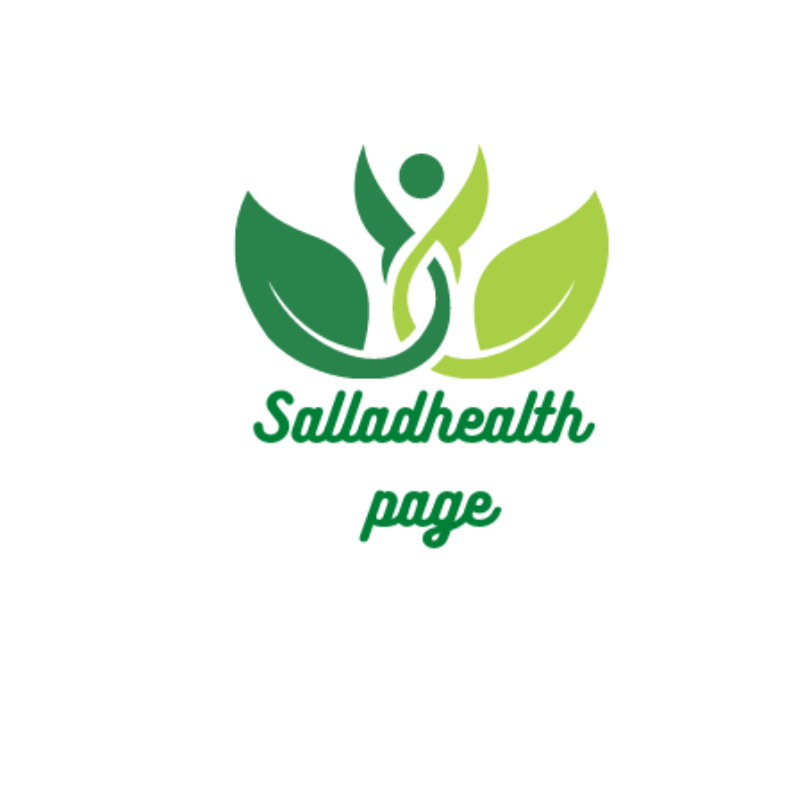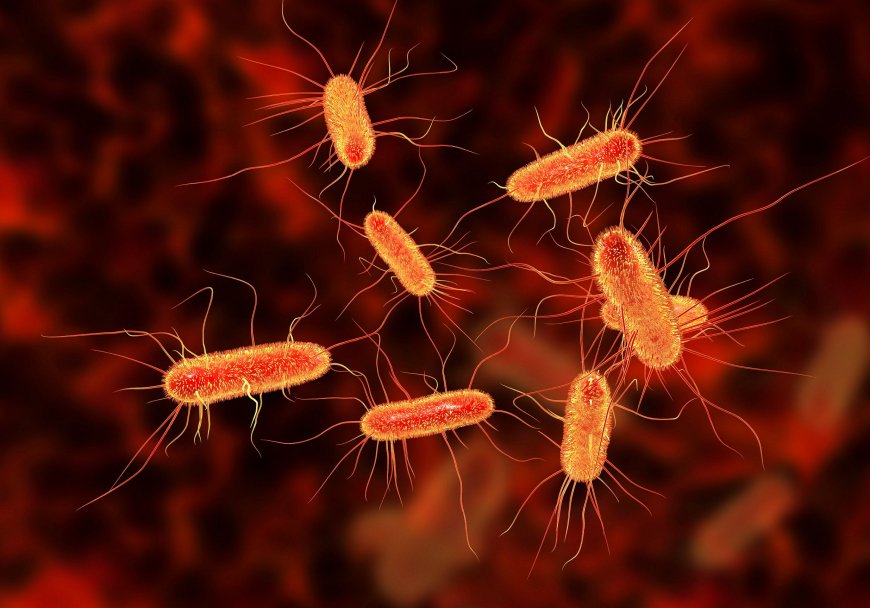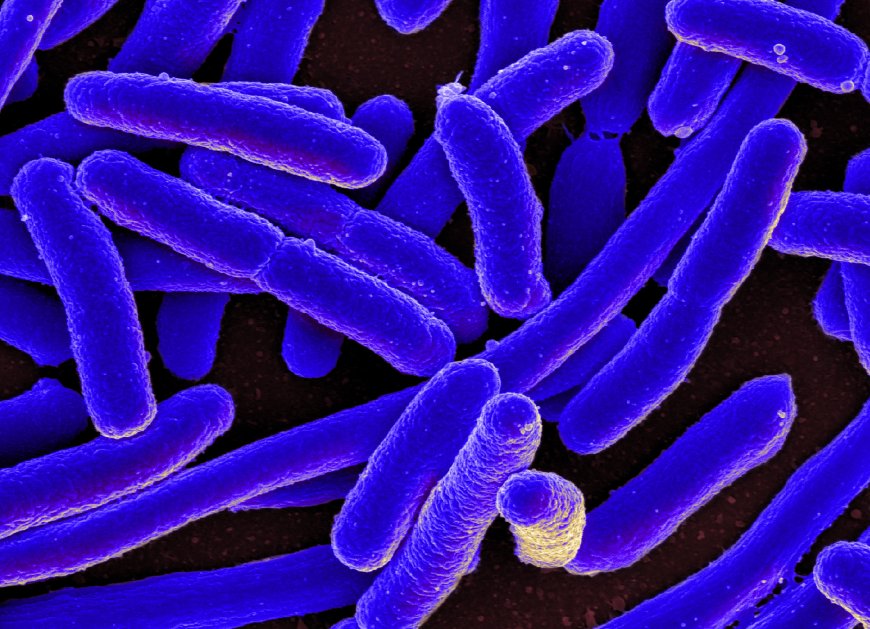All You Need to Know About E.coli Infection
E.coli infection is a bacterial infection caused by the presence of Escherichia coli in the human body. Learn more about the causes, symptoms, and treatment of this infection.
E. coli, or Escherichia coli, is a type of bacteria commonly found in the human gastrointestinal tract. It is a normal part of the gut flora, and is often beneficial to the body, helping with digestion and providing certain vitamins. However, some types of E. coli can cause serious illness in humans, and can be transferred from person to person, or through contaminated food or water.
E. coli is a rod-shaped bacterium, and is usually found in the intestines and faeces of humans and animals. It is one of the most common causes of food-borne illness, with thousands of cases reported each year. Ingesting contaminated food or water can lead to infection, which can cause symptoms such as diarrhoea, vomiting, abdominal cramps, and fever. If left untreated, E. coli infections can lead to more serious complications such as kidney failure, neurological damage, and even death.
Cause
The most common cause of E. coli infection is contaminated food or water. Eating food that has been improperly cooked or is contaminated with animal or human feces can cause E. coli infection. Contaminated water, such as from a lake, stream, or swimming pool, can also cause E. coli infection. Eating undercooked meat, especially ground beef, is a common source of E. coli infection.
To reduce the risk of E. coli infection, it is important to practice good hygiene, including washing hands thoroughly after using the restroom and before handling food. It is also important to cook food thoroughly, especially ground beef, and to avoid consuming unpasteurized milk or juice. Additionally, it is important to wash fruits and vegetables thoroughly before eating them.
Symptoms of E. coli Infections
The symptoms of an E. coli infection depend on the strain of bacteria and the person’s age and health status. Generally, symptoms of an E. coli infection can include:
• Diarrhea
• Abdominal cramps
• Nausea
• Vomiting
In some cases, the symptoms can become severe and cause bloody diarrhea, dehydration, and even kidney failure.
Risk Factors
There are several risk factors that can increase your chances of getting an E. coli infection. These include:
• Eating undercooked or contaminated food, such as raw or undercooked beef, unpasteurized milk, or contaminated vegetables and fruits
• Drinking contaminated water or using contaminated swimming pools
• Having contact with animals, such as cows, goats, and sheep
• Having contact with a person who has an E. coli infection
It’s important to practice good hygiene if you’re at risk of getting an E. coli infection. This includes washing your hands often, especially after using the bathroom, changing diapers, or handling animals. It’s also important to cook food thoroughly and avoid consuming food or water that is contaminated.
When to see doctor
It is especially important to seek medical attention if you have bloody diarrhea, as this is a sign of a more serious infection. It is also important to see a doctor if you have a weakened immune system, since you may be more vulnerable to severe infection.
If you are pregnant, seek medical assistance immediately. E.coli can cause severe health problems for both you and your baby.
If you think you may have been exposed to E.coli, it is important to take precautions. Wash your hands often, especially after using the restroom or changing a diaper. Boil or cook all meats thoroughly, and avoid eating raw or undercooked foods. Be sure to wash all fruits and vegetables before eating them.
If you think you may have been exposed to E.coli, it is important to know when to seek medical attention. If your symptoms are mild, you may be able to manage them at home. However, if your symptoms are severe or last more than a few days, it is important to see a doctor. If you are pregnant, seek medical assistance immediately. Taking proper precautions can help to prevent E.coli infection.
Complications of E.coli infection
E. coli can cause a wide range of complications, including:
Urinary tract infections ( UTI ): E. coli is a common cause of UTIs, which can cause pain or burning when urinating, as well as an increased urge to urinate.
Bacterial meningitis: E. coli can cause a type of meningitis, an infection of the membranes that cover the brain and spinal cord. Symptoms include headache, fever, and neck stiffness.
Sepsis: This serious condition occurs when an infection spreads throughout the body, leading to organ failure and even death.
Diarrhea: Diarrhea is a common symptom of E. coli infections. It can range from mild to severe, and it can cause dehydration and electrolyte imbalances.
Hemolytic uremic syndrome (HUS): This rare but serious complication of E. coli infections can cause kidney failure and other organ damage.
Prevention
There are a few simple steps you can take to help prevent E. coli infections:
Wash your hands: This is one of the most important steps you can take. Always wash your hands thoroughly with soap and water before and after preparing food, after using the bathroom, and after touching animals.
Cook food thoroughly: Make sure all food is cooked to the appropriate temperature. This will help kill any E. coli bacteria that may be present.
Avoid cross-contamination: Don’t let raw meat, poultry, or seafood come into contact with other foods, and make sure to clean cutting boards, knives, and other utensils after each use.
Avoid unpasteurized milk and other dairy products: Unpasteurized milk and other dairy products may contain E. coli, so it’s best to avoid them.
Stay up to date on vaccinations: Vaccinations can help protect against E. coli, so make sure you and your family are up to date on all recommended vaccinations.
By understanding the potential complications of E. coli infections and following the steps above, you can help prevent E. coli infections and the serious health problems they can cause.
E. coli is a common type of bacteria that can cause a range of illnesses. Symptoms of an E. coli infection can include diarrhea, abdominal cramps, fever, nausea, and vomiting. There are several risk factors that can increase your chances of getting an E. coli infection, including eating undercooked or contaminated food, drinking contaminated water, and having contact with animals or a person with an E. coli infection. It’s important to practice good hygiene to help prevent an E. coli infection.
What's Your Reaction?











































